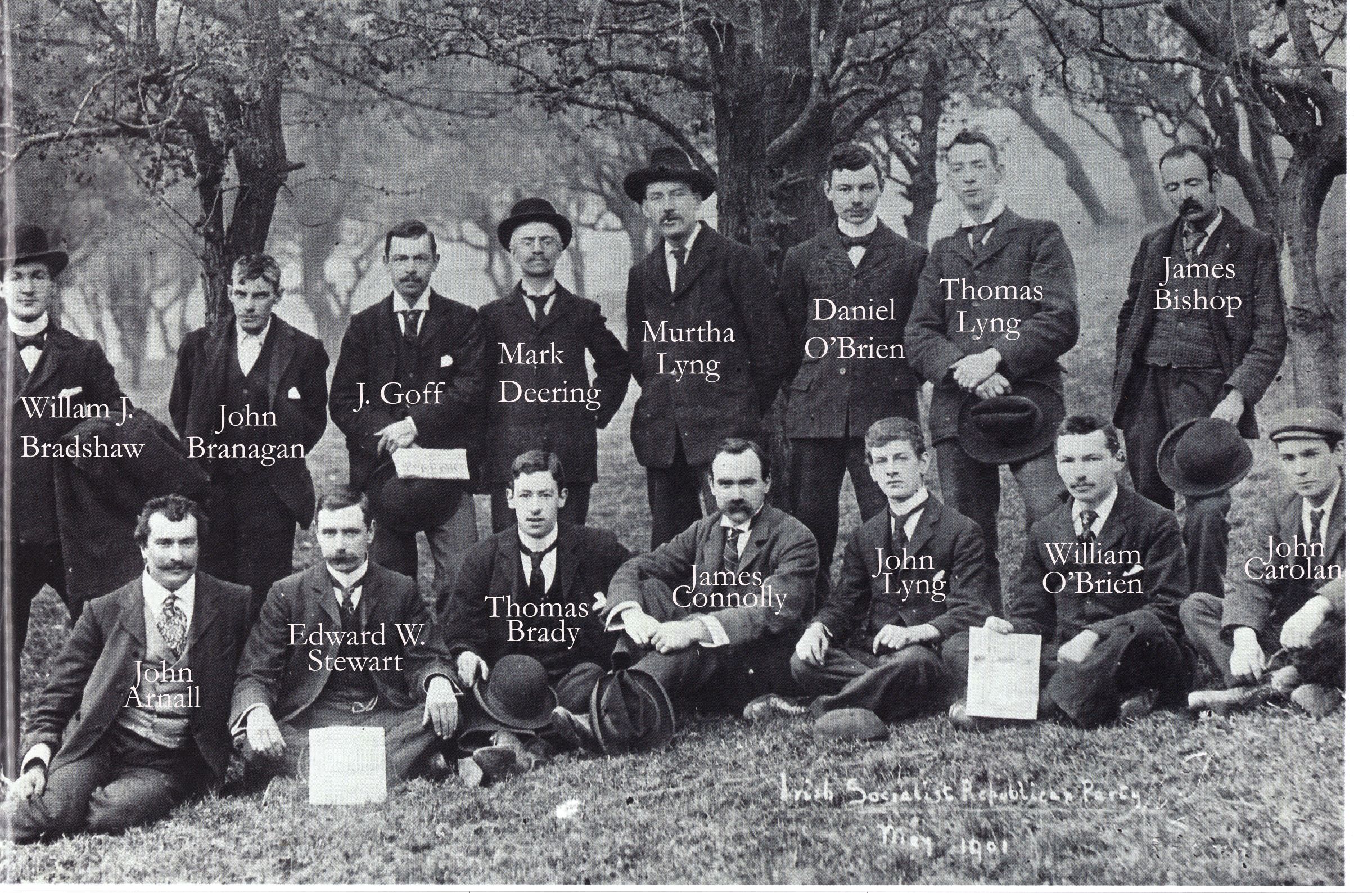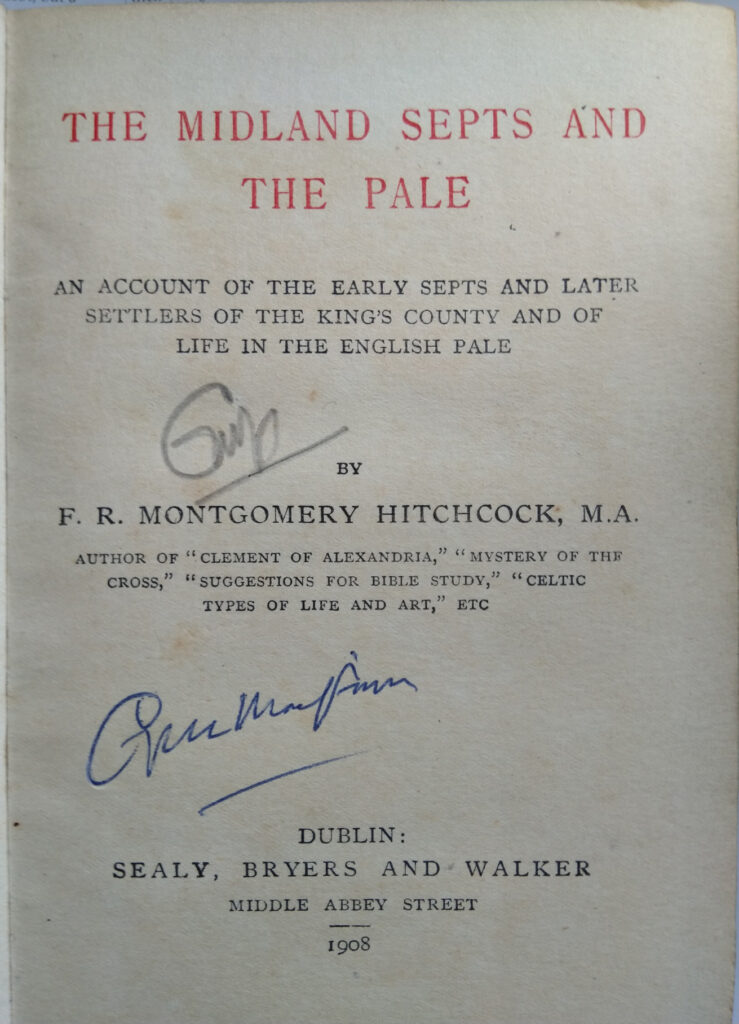Sir,—Your brief mention of the song ‘Johnny, I Hardly Knew Ye’ (HI 33.4, July/August 2025, Bite-sized History, p. 10), caught my attention.
It is, and has been, constantly thought of and written about as a quintessentially Irish song and as an early example of an anti-war song. Both of these assumptions are mistaken. The song was written by the English music-hall performer Joseph P. Geoghegan (son of an Irish immigrant) in early 1867 and was made famous by the celebrated entertainer Harry Liston (1843–1929). The air to which it is now sung was the air that Patrick Gilmore (1829–92), the American band leader, had used for his 1863 hit ‘When Johnny Comes Marching Home Again’. The latter song was known and popular in Britain and was performed by Liston in tandem with Geoghegan’s song, which probably resulted in Gilmore’s air getting attached to Geoghegan’s song. There is no evidence that the air that Gilmore used came from Irish music tradition. He is recorded as having said that he chanced to hear it being whistled, but in what circumstances, or by whom, is not recorded. It has not been convincingly shown to have any relationship to any known Irish air.
When first published, Geoghegan’s song was not perceived as an anti-war song. It was intended, and performed, as a piece of comic grotesquery, similar in its indifference to the horrors of war as the song ‘Mrs McGrath’, which also relates the return from the wars of a horribly injured soldier but which has been consistently delivered in modern times as a humorous piece. Perhaps in recognition of the similarity of their callous indifference to war wounds, the songs ‘Mrs McGrath and ‘Johnny I Hardly Knew Ye’ were once published together by Charlotte Milligan-Fox.
From the early twentieth century attitudes gradually changed and the song began to be perceived as a condemnation of war; by the 1960s the shift in perceptions was complete, with singers as diverse as Tommy Makem, Joan Baez and Frank Harte performing it as an anti-war song, which is how it is generally perceived today.
Despite being set on ‘the road to sweet Athy’, the song has no connection with that town or, indeed, with Ireland, beyond the Hiberno-English phraseology to be heard in it. The name of Athy is clearly included merely to suit the metre and the rhyming scheme. The same applies to the name of the location where Johnny is supposed to have suffered his injuries—‘the island of Sulloon’. This has been glossed by many commentators as a mispronunciation of Ceylon (now Sri Lanka). Again, there is no evidence for this. British military activity in Ceylon was insignificant and was confined to the years 1803–17, half a century before the song was published. ‘Sulloon’ was a plausible-sounding, invented place-name with, like ‘Athy’, the required syllabic shape and vowel sound.
All these facts have been researched and published by the folklorist Jonathan Lighter and may be read in his The best anti-war song ever written (Loomis House Press), which can be ordered online.—Yours etc.,
TERRY MOYLAN
Dublin 12


